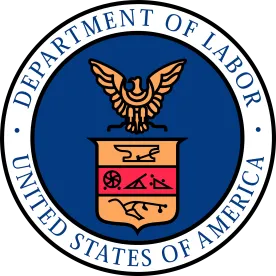Earlier this year, the U.S. Department of Labor (“DOL”) and the Internal Revenue Service (“IRS”) issued new guidance and rules pertaining to retirement plans. Now is a good time for employers to audit their plans to ensure compliance with applicable laws and, if not, to take corrective action.
On April 1, 2018, the DOL’s final regulations updating the Employee Retirement Income Security Act’s (“ERISA”) claim and appeal requirements for disability-related benefit determinations went into effect. Importantly, the new rules apply to any retirement plan – including a 401(k) plan – that makes a determination of disability. Employers that sponsor a retirement plan should ensure that their plan documents have been updated by the end of this plan year (December 31, 2018 for calendar year plans) to reflect these new disability-related claims procedures.
Additionally, the IRS, through the EP Team Audit (“EPTA”) Program, issued helpful guidance regarding the “Top Ten” issues found in EPTA Audits, which are:
-
Termination of Partial Termination – Potential Vesting/Distribution Issues
-
Acquisitions
-
Deferral Percentage Tests
-
Compensation
-
Plan Document
-
Vesting
-
Distributions and Loans
-
Assets
-
Limits
-
Miscellaneous
This “Top Ten” list telegraphs to employers which issues the IRS would likely focus on during an EPTA audit. Thus, employers would do well to conduct self-audits on their plans to determine whether they are in compliance and avoid potential penalties.
The IRS also updated its Employee Plans Compliance Resolution System (“EPCRS”) effective January 1, 2019. Although there are no significant changes to the Self-Correction Program or the Audit Closing Agreement Program, the updated system will require, beginning April 1, 2019, that all Voluntary Correction Program (“VCP”) submissions and payments be made electronically (there will be a three month transition period from January 1, 2019 – March 31, 2019 where online submissions and payments will be optional, but not mandatory). Employers should review their fiduciary insurance policies to ensure they include attorney and filing fees associated with any and all corrections, and should file a claim should errors requiring a correction filing be uncovered.
Employers with questions regarding the above issues would do well to consult with competent counsel.





 />i
/>i

